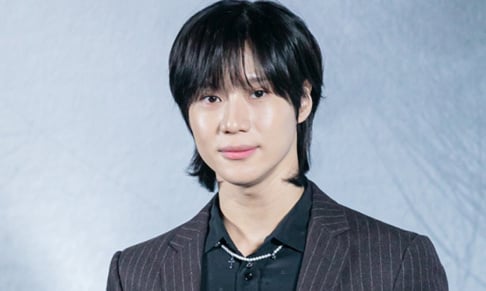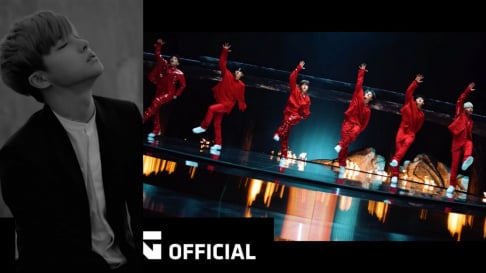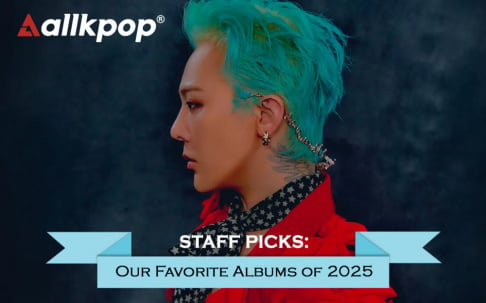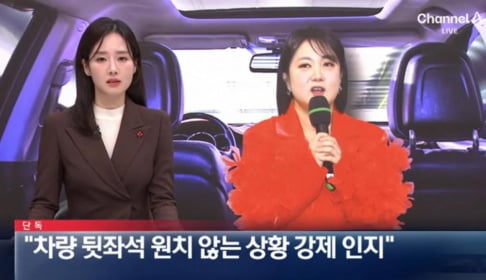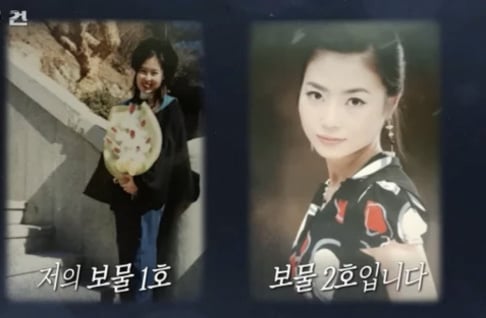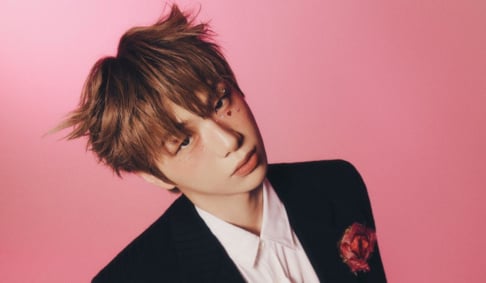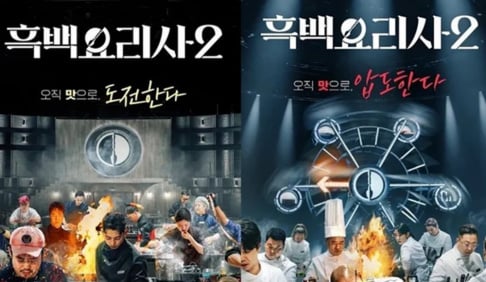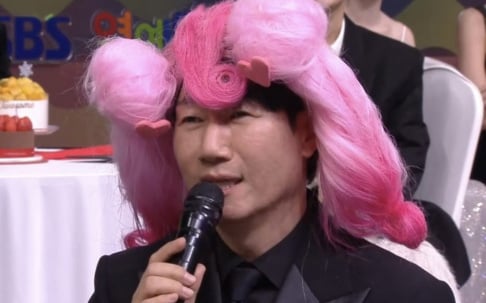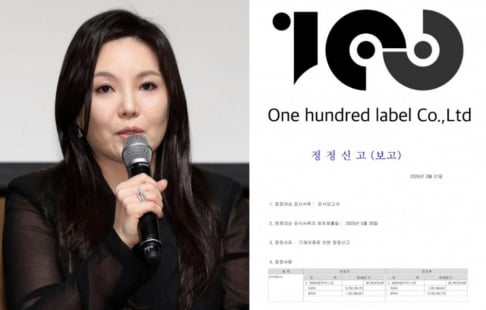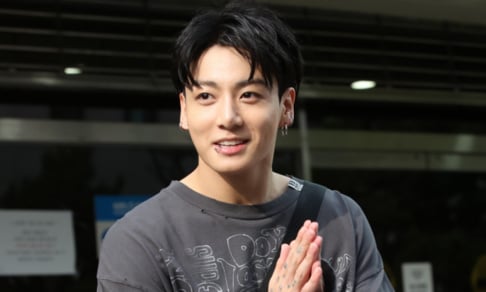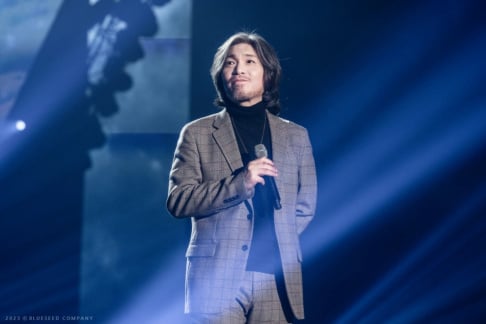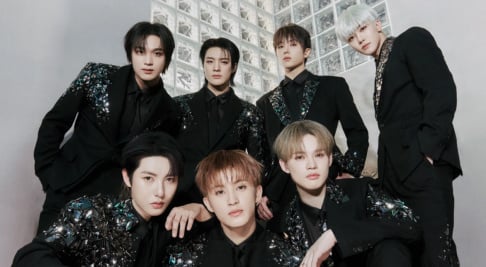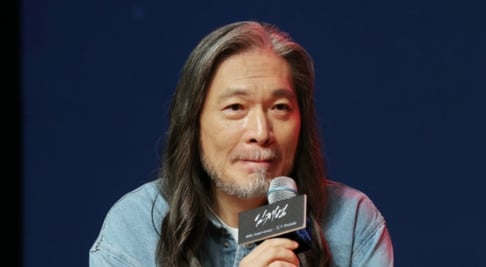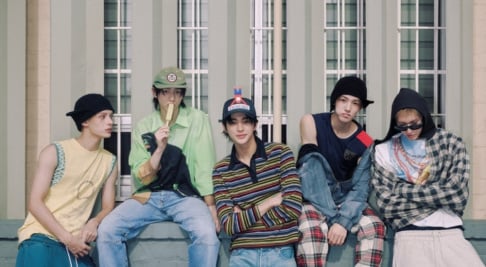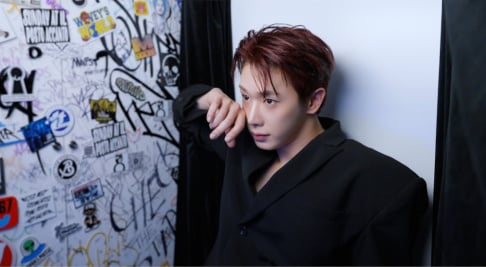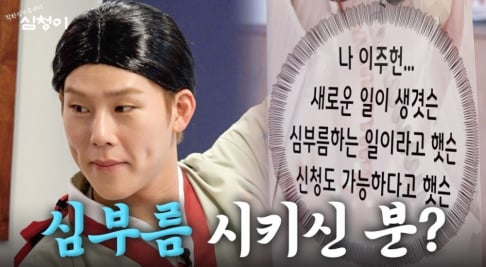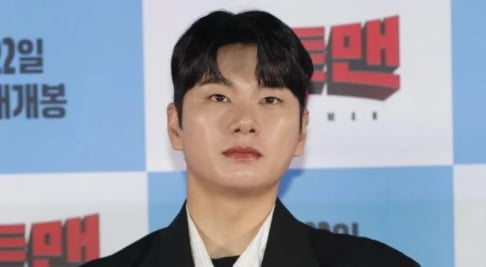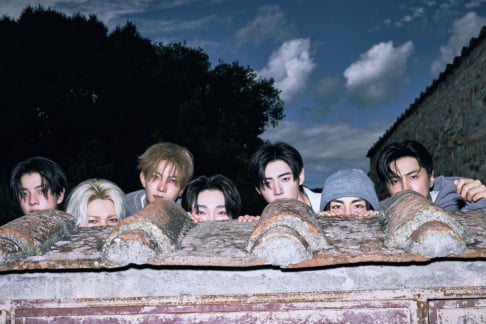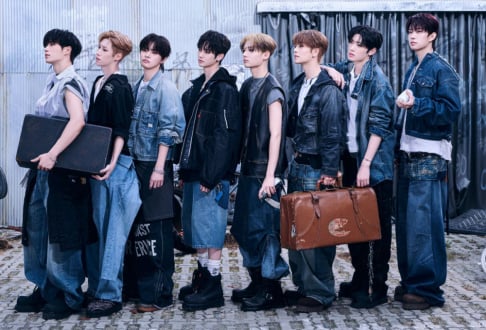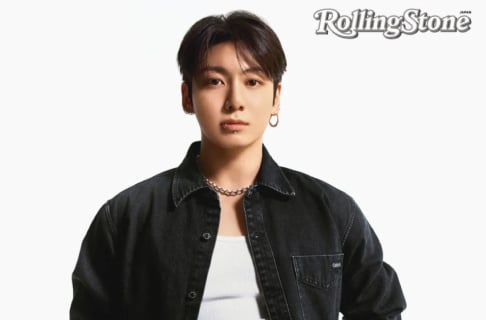
The legal battle between singer-actor Lee Seung Gi and his former agency, Hook Entertainment, is approaching a pivotal moment.
On December 17, the Seoul Central District Court will deliver its ruling on Hook Entertainment's lawsuit seeking confirmation of the non-existence of debt against Lee Seung Gi.
The conflict began in November 2022, when Lee Seung Gi accused Hook Entertainment of failing to pay him music royalties for 18 years after his debut. He sent an official certification of contents to the agency, alleging violations of the Act on the Aggravated Punishment of Specific Economic Crimes (for embezzlement) and the Act on the Aggravated Punishment of Specific Economic Crimes (for fraud) against Hook CEO Kwon Jin Young and other company officials.
In response, Hook Entertainment paid Lee Seung Gi 29 billion KRW (~20.2 million USD) in unpaid earnings and 12 billion KRW (~8.4 million USD) in interest, totaling 54 billion KRW (~37.6 million USD). However, the agency then filed a lawsuit to seek confirmation that it owed Lee Seung Gi no further debt.
Lee Seung Gi rejected Hook Entertainment's claim and argued that the payment was unilaterally imposed by the agency to close the case. He vowed to donate all the settlement money he had received, except for his legal fees and future litigation costs. True to his word, he has since made donations to institutions like Seoul National University Children's Hospital.
Hook Entertainment, for its part, claimed that it had properly settled accounts with Lee Seung Gi and that 500 billion KRW (~348.4 million USD) in royalties had already been paid to him. The agency argued that only the profits from music streaming and sales had been omitted from previous calculations. Furthermore, Hook asserted that it had overpaid Lee Seung Gi for advertising activities and demanded a refund of approximately 900 million KRW (~627 million USD) in fees.
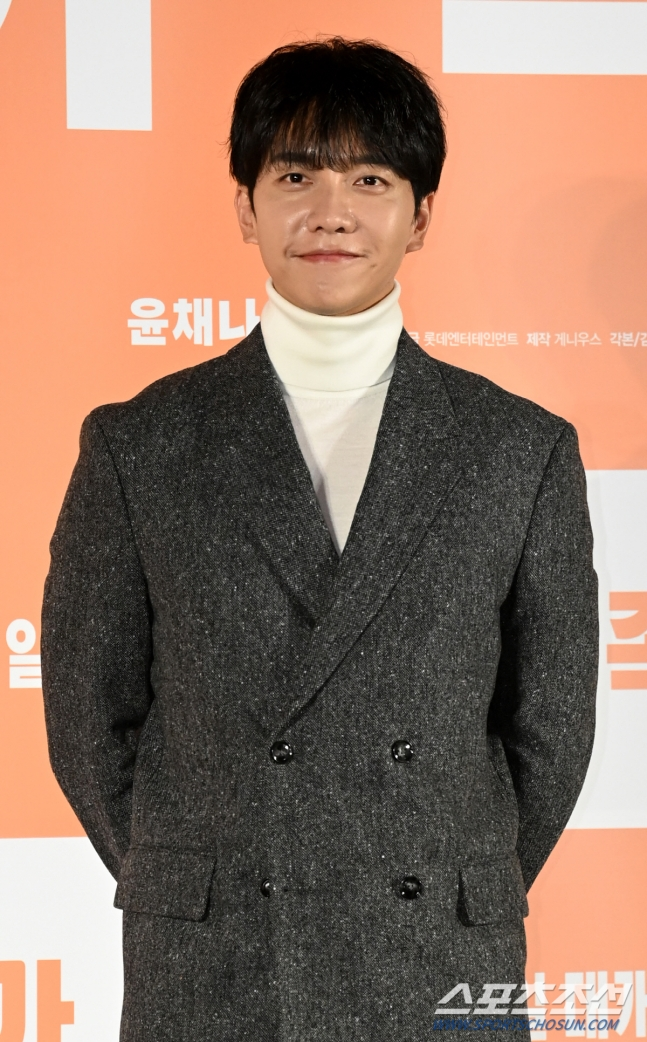
On the other hand, Lee Seung Gi's legal team claimed that Hook Entertainment concealed the fact that the advertising agency's commission rate was reduced from 10% to 7%, yet continued to deduct 10% from Lee’s advertising revenue. As a result, Lee Seung Gi argues that he is entitled to receive 30 billion KRW (~20.9 million USD) in advertising fees, music revenue, and album sales.
During a court hearing last month, Lee Seung Gi spoke passionately about his experience, stating, “For 18 years, I never properly received settlements for concerts, album sales, or broadcast activities.” He criticized Hook Entertainment, saying, “They are muddying the issue with false claims. It’s hard to express how frustrating and disappointing it is.” He emphasized that the heart of the dispute was that he had never been informed of the existence of music royalties, and when he requested settlement records, he was met with lies and deception.
Lee also referenced the "Lee Seung Gi Act", an amendment to industry standards requiring entertainment agencies to disclose accounting records to artists. He stated, “Although it’s late, I’m relieved that such a law has finally been passed.”
He further argued, “Hook claims that while they have the money to settle with me, the statute of limitations has passed, so they are no longer obligated to pay. If that logic stands, it means agencies could simply withhold settlement records for three years and never have to pay artists. I’m not a legal expert, but that’s something I cannot accept.”
Addressing the broader issue of artists' rights, Lee Seung Gi stated, “While the protection of artists' rights has improved, it’s still difficult to fully trust management agencies. Considering that the standard contract for rookies lasts 7 years, it's almost impossible for an artist to challenge settlement issues within the statute of limitations. I hope that no more young artists, who debut at a young age while pursuing their dreams, have to suffer from settlement disputes like I did.”
With the court’s decision approaching, the entertainment industry and fans alike are closely monitoring the outcome of this landmark case, which could have lasting implications for artists' rights and transparency within entertainment agencies.
SEE ALSO: Staff Picks: Our Favorite Albums of 2025
 SHARE
SHARE
